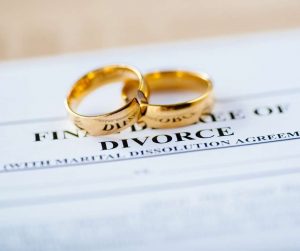
I am starting my own business. What intellectual property rights do I have?
Great question! Intellectual property rights can play a crucial role in a small business’s success- the key is using them efficiently and effectively.
Intellectual property is an umbrella term for your right to own, use, and keep anyone else from using something intangible. Your business logo, business name, and websites you have created are all examples of various types of intellectual property. In general, you have intellectual property rights in all of these things.
What are the types of intellectual property?
Intellectual property rights are generally broken down into the following three categories: patent, trademark, and copyright. On occasion, subcategories such as trade dress, service mark, and rights of publicity are used as well.
Patent
Patents are obtained from the federal government. They are primarily used for mechanical or chemical inventions and provide temporary protection for rights in use. Special attorneys who have passed the patent bar must be used to obtain patent rights.
Trademark
Trademarks protect things like brand names, logos, and sometimes identifiable jingles or color combinations. Trademark protection can be obtained through the same office as patent protection, but no special bar license is required to file an application. Unlike patents, trademark protection continues for as long as the mark is used in interstate commerce- it can continue indefinitely.
Trademark protection helps customers recognize and remember your brand and increases your visibility in the market.
Copyright
Copyright protects any creative work that is fixed in a tangible medium of expression For example, books, paintings, and even computer codes are often copyrightable. Unlike other intellectual property rights, copyright vests automatically upon creation. This mean’s that, as soon as you write your book, you have intellectual property rights in it, without even filling out an application!
Registration with the copyright office is critical for the enforcement of rights. If you have a dispute over your content, it is critical that you apply for full copyright protection.
That’s a lot of information! So, what types of intellectual property rights should I use as a small business?
The correct way to use intellectual property rights is unique to each business. If you operate a business with a unique name and logo, and you sell any of your goods or services outside the state of Connecticut, we can help you obtain a trademark in your name or logo.
If you are a content creator and want to discuss copyright protection, we can help you navigate the application process.
If you are interested in patent protection, although our office is not authorized to aid you in the application process, you can still leverage any patent you may obtain to help push your business to the front of the pack.
Please call our office and set up a consultation to ensure that you are leveraging your intellectual property correctly, so we can help meet the unique needs of your business.








 Personal Injury Attorneys Tolland County CT
Personal Injury Attorneys Tolland County CT